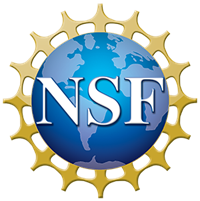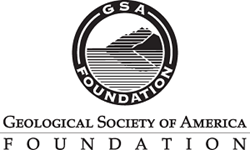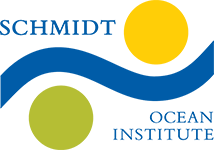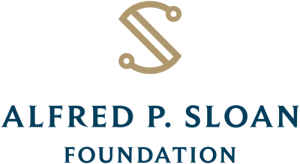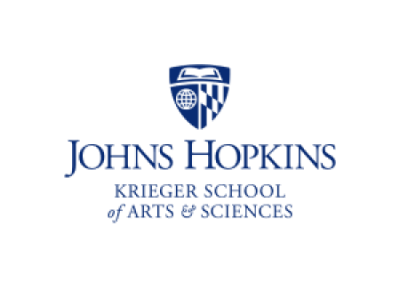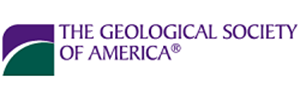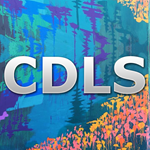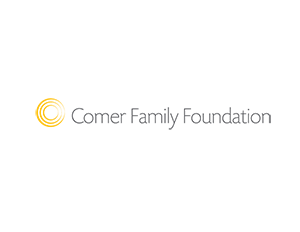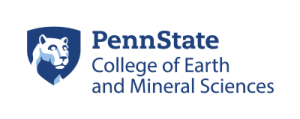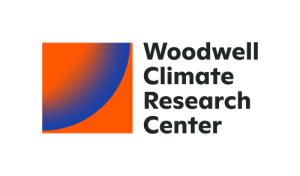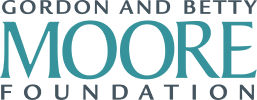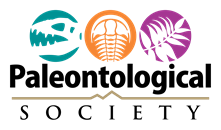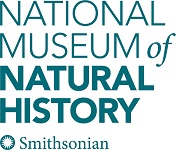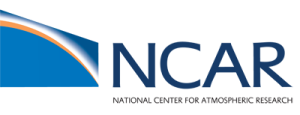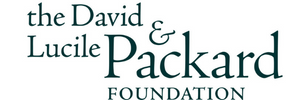
Chapman
Phase II
Fall 2023 - Fall 2024 in Washington, D.C. at AGU Headquarters
Join the 2072 Writing Team
Nominate yourself or someone else to be part of the Justice in Geoscience, 2022–2072 Writing Team by 31 March 2023.
About the Meeting
The Second National Conference: Justice in Geoscience engages intergenerational and convergent coalitions to broaden participation of Black, Native/Indigenous, and Latinx students and scholars in geosciences and related disciplines. The first conference on diversity in the geosciences occurred in 1972 and it is past time to hold another. The Second National Conference (SNC) will feature events and programming that span three themes:
- Archival: Reading the past to create paths forward
- Urgent: Justice for geoscientists of color
- Imaginary: A radically different future
Prior to the meeting, an unconference activity will allow all participants to take part in assembling the conference program. Applications to participate in the conference will be reviewed in late April. Approved participants will be invited to register for the conference in August and to join the “unconference” preconference activities to be held in late May or early June. These online activities will be dedicated to creating the conference program and initiating the 2072 Report. Participants are encouraged to take part in one or more of these pre-work sessions (through online documents and a potential video call) to collaborate with conveners to build the conference program and to voice what is important to them as an attendee of the Second National Conference.
Five innovative session formats are designed to fulfill the unique needs of the emergent topics. Each day ends with writing in small groups to reflect and create a living archive of conference activities. SNC will culminate in the publication of the 2072 Report, a roadmap that scholars and community members can use to advance DEI in geoscience over the next fifty years.
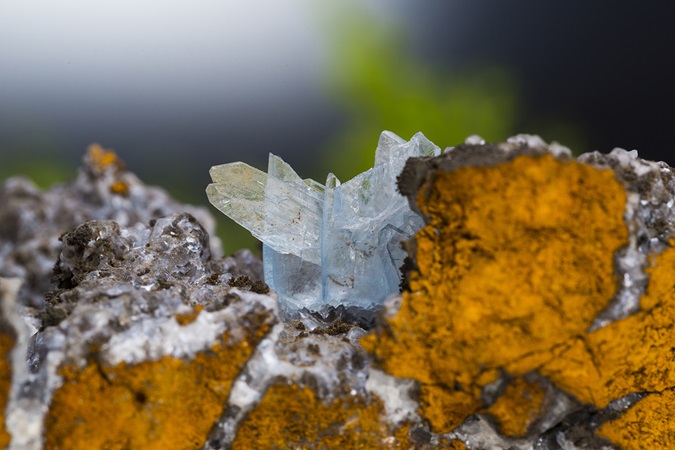
Who should attend
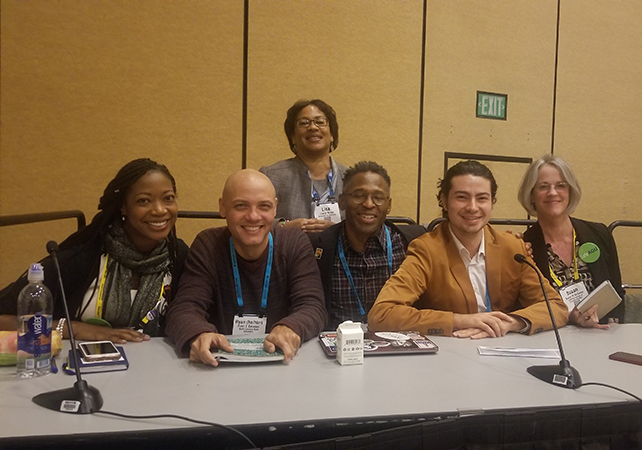
Meeting Goals

-
1 The 2072 Report
Participants will contribute to a community report that provides checkpoints, strategies and accountability for broadening participation. -
2 Coalition and Community building
Participants at the conference will build networks, across spectra of discipline and positionality, that can sustain radical progress towards diversifying geoscience in the next fifty years. -
3 Celebrating our legacy
The SNC invites participants to situate their work within the context of a half-century of visionary efforts to share success, overcome challenges, and advance justice in geoscience. -
4 Creating a radical earth-learning environment
We aim to challenge notions of who is a geoscientist, how geoscience happens, and why geoscience is critical for Earth’s future.
Conference Themes
-
1
Archival: Reading the past to create paths forward
We must hone the tools we use to examine history and uncover what has been buried and what was never preserved. Example topics: history of geoscience and geography, historical trends in geoscience participation, social movements and geoscience learning environments, hidden figures in geoscience history, and other archival work -
2
Urgent: Justice for geoscientists of color
Present environments, atmospheres, and realities directly affect the lived experiences of people and the formations of the Earth. Changing these circumstances requires targeted interventions. Example topics: leveraging institutional partnerships, brave leadership, inclusive mentoring/advising practices, and other strategies to dismantle barriers. -
3
Imaginary: A radically different future
The landscape of the future is full of possibility. Envisioning a geoscience ecosystem for all challenges us to dream outside of the limitations of the present and past. Example topics: critical theories in broadening participation; encounters within, across and beyond disciplines; community- and coalition-building; and other systems of world making.
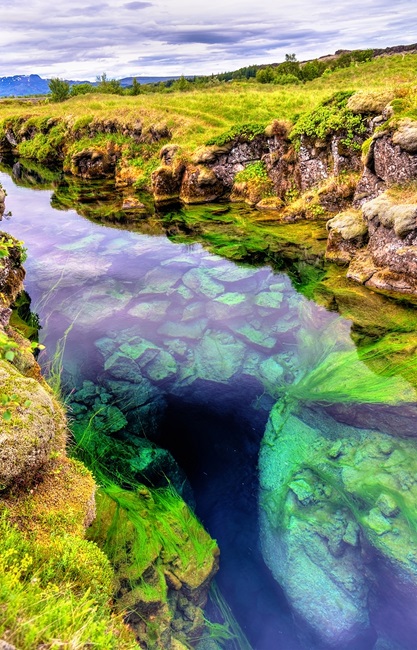
On-Demand Plenaries
Watch plenary by Tao Leigh Goffe: Geology as Genealogy: Race, Stratigraphy, Empire - 15 August
Watch plenary by Tiara Moore: Are You Ready? - 16 August
Watch plenary by Nalleli Cobo: Advancing the Climate Movement through Storytelling - 17 August
Watch plenary Performances and presentations: Work of the Arts and Creative Sessions - 17 August
Event Overview
The program is now live for this participant-driven conference and links to overall programming and specific cohort programming can be found below.
Each day of the conference features 1-2 keynotes followed by breakout group discussions, cohort sessions, and writing group time to capture reflections and begin the preliminary work of creating the 2072 Report.
Online attendees will watch plenaries live online and then login to breakout groups for discussion, attended online sessions, and will end each day with online writing groups. Onsite attendees will follow the same schedule in-person in Washington, DC.
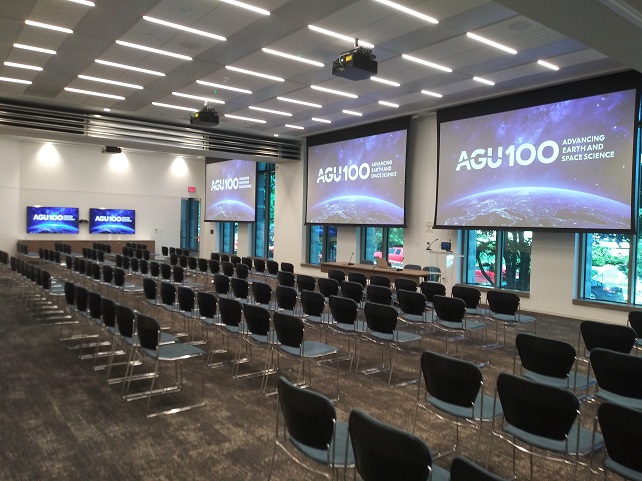
Schedule
Pre-Conference
Day 1
Monday, August 15
8:15 a.m.
Breakfast and Gathering at AGU
9:00-9:45 a.m.
Keynote by Tao Leigh Goffe, "Geology as Genealogy: Race, Stratigraphy, Empire"
10:00-10:30 a.m.
Reflection in Breakout Groups
10:30-11:00 a.m.
Attendee Break Time
11:00-12:30 p.m.
Session Block
12:30-2:00 p.m.
Lunch
2:00-3:30 p.m.
Session Block
3:30-4:00 p.m.
Break
4:00-5:30 p.m.
Writing in Breakout Groups
Day 2
Tuesday, August 16
8:15 a.m.
Breakfast and Gathering at AGU
9:00-9:45 a.m.
Keynote by Tiara Moore, "Are You Ready?"
10:00-10:30 a.m.
Reflection in Breakout Groups
10:30-11:00 a.m.
Attendee Break Time
11:00-12:30 p.m.
Session Block
12:30-2:00 p.m.
Lunch
2:00-3:30 p.m.
Session Block
3:30-4:00 p.m.
Break
4:00-5:30 p.m.
Writing in Breakout Groups
7:00-10:00 p.m.
Evening Event
Day 3
Wednesday, August 17
8:15 a.m.
Breakfast and Gathering at AGU
9:00-9:45 a.m.
Keynote by Nalleli Cobo, "Advancing the Climate Movement Through Storytelling"
10:00-10:30 a.m.
Reflection in Breakout Groups
10:30-11:00 a.m.
Attendee Break Time
11:00-12:30 p.m.
Session Block
12:30-2:30 p.m.
Working Lunch in Breakout Groups
2:30 p.m.
Adjourn
3:30 p.m.
Optional Field Trips
Scientific Program by Session Type
Reading Seminars
Format: This session allows participants to engage with a selected reading (or other material/work) to generate a focused discussion. This format serves as a place of intense and prolonged discussion to absorb, interrogate, and build from an existing work.
Participation: groups of no more than 8.
Timing: These discussions should take place over 2 or 3 sessions.
This session format is available for in-person and virtual participants.
Question-Driven Sessions
Format: Participants will engage in focused conversation to create a list of questions that probe the edges of our understanding, dispute existing frameworks, and unearth new theories and methodologies that refine the process of question-making.
Timing: These discussions should take place over one session.
Arts & Creative Sessions
Format: Artists, humanists, and creatives are encouraged to engage in creating art, dance, music, poetry and other works to share with a broad audience. Works should be inspired by a central theme or topic that needs more exposure, emphasis, or illumination.
Timing: These should take place over 1 to 2 sessions.
Workshops
Format: These sessions serve to disseminate relevant skills and expertise to the wider community from peer-experts. These sessions will be optimized for skill sharing and building capacity in leadership and other critical skills.
Participation: Workshops should be led by 2-3 participants. Groups of no more than 12 participants.
Timing: These workshops take place over 1 to 2 sessions.
This session format is available for in-person and virtual participants.
Action Labs
Format: Action labs are a catalyst for starting or progressing on an ongoing/planned action. Labs prioritize collaboration, conspiring, mentoring, and advising to leverage collective power and insights to generate strong coalitions.
Participation: Labs should be led by 2-3 participants. Groups of no more than 12 participants.
Timing: These labs should take place over 2 or 3 sessions.
Field Trips
Team members from Smithsonian’s National Museum of Natural History have offered to host field trips for approximately 100 attendees of the Second National Conference on 17 August at 3:30pm. These one- to two-hour tours will take place in downtown DC, on the National Mall, and highlight different aspects of geology.
Information on timing and location for meeting for the field trips will be relayed directly to field trip attendees. The closest Metro stops to the National Museum of Natural History are Federal Triangle on the Blue, Orange, and Silver lines and Archives on the Green, Yellow, and Red lines.
Geologic Walking Tour of the National Mall – Washington DC is a city framed by geology—from its location on the Atlantic Seaboard Fall Line to the granites, sandstones and marbles that comprise the buildings and monuments lining the National Mall. In this ~2 hr walking tour, you will learn about the regional geology that defines the hills and plains of the greater Washington DC area, discuss the human and geologic history behind the building stones that shape the DC skyline, and discover some hidden geologic treasures of the National Mall – including a sample of Earth’s oldest-known rock. Smithsonian’s National Museum of Natural History staff and affiliates will lead this outdoor event that will be held rain/shine. Total walking distance is ~ 2 km, and will be along wheelchair-accessible paths along the National Mall. The tour will begin at 3:30pm and conclude by 5:30pm.
Guided Tour of the Geology Gems and Minerals (GGM) Hall, National Museum of Natural History (NMNH), Smithsonian – Take a “curator’s choice” tour of objects on display in the GGM Hall guided by the staff of the Department of Mineral Sciences, NMNH, Smithsonian. The tour will include highlights of our nation’s treasures, including gems, minerals, rocks, ores, and meteorites. This classic exhibit always manages to surprise and delight visitors from all around the world and we hope that it will also leave you in awe. The tour will begin at 3:45pm and conclude when the museum closes at 5:30pm. Registered participants are advised to arrive at NMNH by 3:30pm to allow time to pass through security and navigate to GGM.
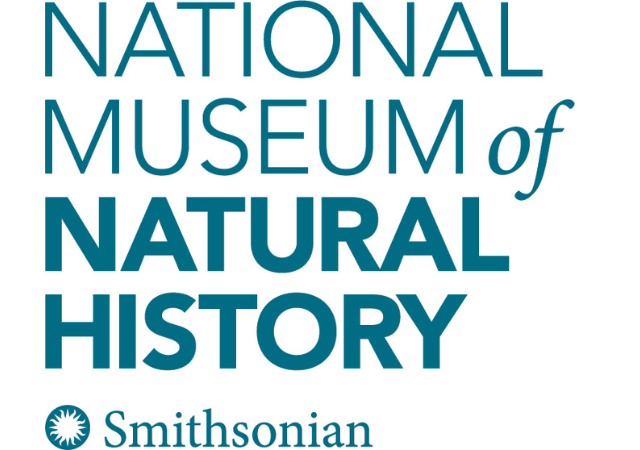
Registration
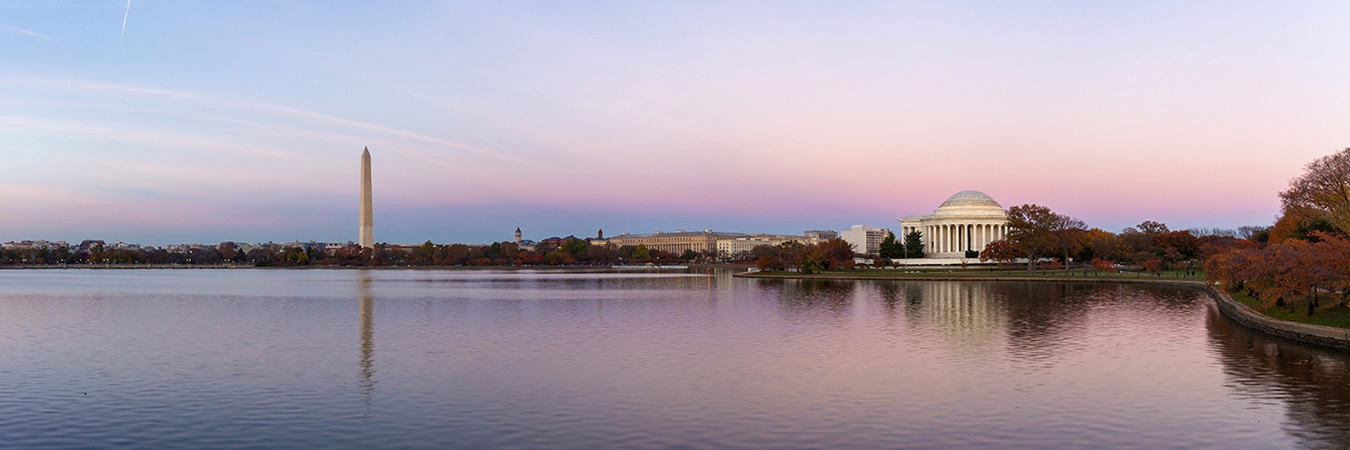
Housing
Churchill Hotel
1914 Connecticut Avenue, NW
Washington, DC 20009
- $119.00 per night (single/double occupancy)
- $129.00 per night (triple occupancy)
- $139.00 per night (quad occupancy)
Check-in: 3:00 PM
Check-out: 12:00 PM
* An early departure fee of $75.00 will apply to reservations that are changed after check-in.
Reserve your housing by 29 July 2022
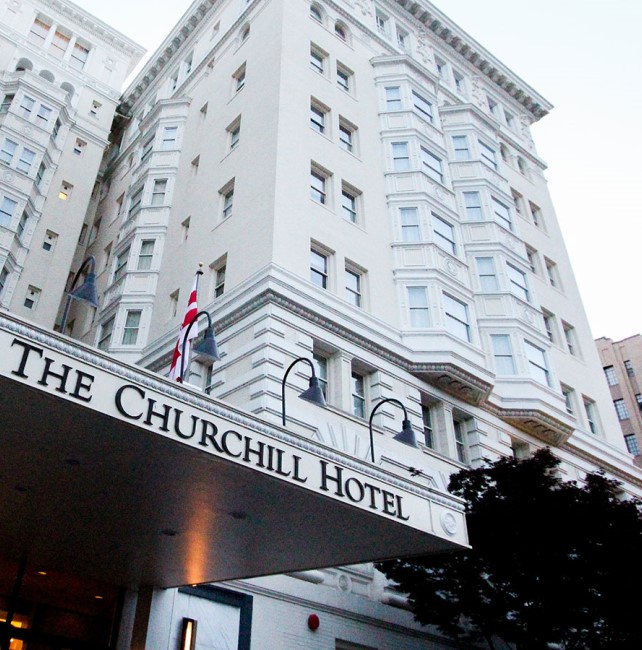
Getting here
By Air
There are three major airports in the Washington, D.C. region: Ronald Reagan Washington National Airport (airport code: DCA), Washington Dulles International Airport (airport code: IAD) and Baltimore/Washington International Thurgood Marshall Airport (airport code: BWI). All three airports offer multiple U.S. and international flights daily.
Reagan National Airport is just a 10-minute drive from the city line. The airport is accessible from its own Metro stop on the Blue and Yellow lines. A taxi ride into downtown D.C. will cost about $15-$20. Uber, Lyft and Via offer transportation services to and from Reagan National Airport.
Dulles Airport is located 26 miles from D.C. in suburban Virginia. The airport has a dedicated access road that makes getting into the city efficient via car, taxi or airport shuttle. Washington Flyer taxi cabs exclusively service Dulles Airport. A taxi ride into D.C. will cost about $65-$75. Public transportation options are also available via the Silver Line Express Bus to the Wiehle-Reston East Metrorail Station or via Metrobus 5A to Metrorail stops in Rosslyn, VA and L’Enfant Plaza in Washington, D.C. Uber, Lyft, and Via offer transportation services to and from Dulles Airport.
BWI Airport is accessible via Amtrak routes that drop off at D.C.’s Union Station. A reserved seat on Amtrak will cost $15-$30. MARC commuter rail is also available to Union Station on weekdays with limited weekend service, via the Penn Line; tickets are $7 each way. Visit the BWI Airport ground transportation page for more information.
By Train
If you’d rather travel to D.C. on the ground, Amtrak is the ideal solution. The train departs and arrives from D.C.’s Union Station, which is centrally located, features its own Metro stop and has plenty of taxis awaiting as you exit.
By Bus
Travelling by bus to and from D.C. is easy with an array of options, including Megabus and Greyhound.
By Car
If you drive to D.C. with your own vehicle, ParkWhiz can help you find a parking spot.
International Attendees
IMPORTANT: Please read in advance of your arrival in Washington, D.C. regarding information about embassies, travel, and passports. Never been to Washington, D.C.? Learn more about how to enjoy your time in our nation’s capital.
Visas
U.S. Government Entry Requirement for Visa Waiver Program (VWP) Countries
Effective 20 January 2011, citizens of Visa Waiver countries will be unable to enter the United States without Electronic System for Travel Authorization (ESTA) approval from the U.S. Government. VWP travelers who have not obtained approval through ESTA will be denied boarding on any air carrier destined for the United States. For more information, visit the VWP program website.
It is strongly recommended that international participants apply for visas at least 3 months prior to the Chapman Conference. Note: Some consulates may have delays in scheduling visa interviews; therefore, applicants should first contact the consulate to determine the wait time for an interview. Additional information on business visas can be found at the DOS Business Visa Center website and at the IVO website.
Also, if you are experiencing significant visa delays, please complete the visa survey, and a representative will provide feedback.
The U.S. Department of State maintains a comprehensive website containing information about traveling to the United States.
The National Academies website has additional information about visa-related issues and travel information for U.S. citizens and non-U.S. citizens.
Letters of Invitation
If you are a registered scientist attending the meeting, please contact us to request a letter. Please note that we cannot provide letters of invitation to spouses, children, or others who will be accompanying you on the trip but not attending the Chapman Conference as registered attendees.
Weather
Expect temperatures in August to be between the mid 60s and high-80s.
Health and Safety
Current as of 18 August 2022
The Second National Conference has had three attendees test positive for COVID-19 onsite in Washington, DC. The positive cases were of vaccinated attendees; the attendees self-identified and stopped attending the conference upon their positive tests. To protect the individuals’ privacy, we will not be releasing any additional information.
The conference is now complete and we ask that all attendees continue to monitor their own health for possible symptoms. Rest and take care of yourself.
If you test positive for COVID within a few days of the conference’s end, we ask that you please fill out this confidential form to let the organizers know. Please contact AGU Meetings Director Victoria Forlini if you need assistance.
Thank you for joining the conference online and onsite.
Before the Event
Accepted Vaccines
- Pfizer-BioNTech
- Johnson & Johnson’s Janssen
- Moderna
- AstraZeneca-Oxford
- Sinopharm
- Serum Institute of India: Covishield
- Sinovac: CoronaVac
Upload Proof of Vaccination
AGU has partnered with SafeAccess to facilitate proof of vaccination at the Second National Conference. After you have registered for the meeting, expect a vaccine verification email from [email protected]. Notification from SafeAccess will begin the week of 18 July.
Complete the pre-screening process online. Once completed, you will receive a yellow pending message. When the SafeAccess Trusted Reviewer has completed reviews, that status will change to green. Please save this email as you will need it to show vaccination verification at the AGU building.
We strongly encourage all participants to complete the verification process prior to arriving in Washington, DC. If you wait until you arrive in Washington, DC, you may experience delays in attending events and sessions.
International Travelers
For attendees traveling to Washington, DC outside of the continental U.S., please review these materials and note the requirements and restrictions that may impact your plans.
During the Event
Badge Retrieval After SafeAccess Approval
All attendees who submit their information to SafeAccess prior to the start of the conference may obtain their badges in the lobby of the AGU building.
When you arrive at the AGU building:
- You will see the SafeAccess check-in in the lobby of the building.
- Open your SafeAccess Confirmation, If the background is green, you’re good to go. If your SafeAccess is red, go to the SafeAccess Help Desk.
- Show your green SafeAccess Confirmation to staff and again at registration, along with a photo ID to obtain your badge.
Once you have your badge, you will not need to show proof of vaccination in the building again unless you lose your badge.
With SafeAccess, you are always in control of your information. AGU only receives confirmation that an attendee satisfied the requirements for access with the equivalent of a red or green result — we never have access to an individual’s private health data. For further information on how SafeAccess protects user data, review their member terms.
International attendees should always check current travel restrictions to the U.S. on the Centers for Disease Control and Prevention (CDC) website before planning your travel to make sure you will be able to enter the U.S. AGU can provide testing information to international travelers who need testing in order to return home.
Mask Requirements
Masks are required in the AGU building at all times unless you are actively eating or drinking. The only other exception is for speakers who speak from a podium in meeting rooms, if they so choose, may take off their masks while talking.
AGU will provide masks for those who forget to bring one on-site.
Testing
Onsite rapid antigen testing will be available for attendees.
PCR testing centers near AGU Headquarters in Washington, DC:
- Labcorp - 1145 19th St NW Ste 601, Washington · (202) 293-9225
- MinuteClinic - 2240 M St NW, Washington · (202) 296-9876
- Sameday Health - 3237 M St NW, Washington · (310) 697-8126
- Passport Health Washington DC Travel Clinic - 1145 19th Street Suite 608, Washington · (202) 561-3600
- CVS Pharmacy - 6 Dupont Cir NW, Washington · (202) 785-1466
Childcare
Onsite childcare will not be provided at the Second National Conference. Children, including vaccinated children, will not be allowed to attend.
Caregiver grants are available to help online attendees with childcare.
Caregivers
AGU knows attending a conference online or onsite can bring caregiver conflicts.
Caregiver grants are available for both online and onsite attendees.
Caregiver grants can provide in-person attendees caregiver support for those with ADA needs. These grants are available for online attendees, or onsite attendees who need caregiving outside the convention center.
Individuals supporting ADA needs onsite with an attendee may register for free at any registration counter; valid identification is required.
State And Local Guidelines
Attendees are expected to adhere to local and state safety protocols.
Links to additional travel and safety resources:
I am currently attending the meeting and I feel sick. What should I do?
If you are not feeling well, or develop any symptoms associated with COVID, please remain in your hotel room. Please contact Victoria Forlini, Meetings Director at [email protected] so that we can assist you. If it is an emergency, please seek medical attention immediately.
If you have tested positive for COVID while onsite at the meeting, please complete this form to report.
After the event
Continue to monitor your health for symptoms of COVID-19 for up to 14 days after your departure from the Second National Conference. Read the CDC quarantine guidelines if you have been exposed to COVID-19.
Caregiver Grants
AGU and the SNC organizers encourage an inclusive community with diverse participation. To help support participation for those with family or dependent obligations, we are offering caregiver grants for the 2022 meeting in Washington, DC. These grants provide some financial support (up to $500) to help defray the cost of childcare or other dependent care expenses that might be incurred when participating in the conference.
Grants are limited to one (1) care grant per family for the 2022 meeting and are available to qualifying online and onsite participants for the 2022 meeting.
Caregiver Grant Application
Caregiver grants will be granted on a rolling basis through 7 August.
ApplyRationale
The impact of caregiving and the financial obligations associated with caregiving can be so great that it often prevents attendance at meetings, especially for early career scientists or those at small institutions or those with limited funding. AGU is committed to helping members with dependents attend. Potential attendees may apply for caregiver grants, for use either at the meeting location (Washington, DC) or at their home as an online attendee.
Qualifications
Who is eligible to apply?
Registered attendees with dependent care expenses may apply.
Who qualifies as a dependent?
A dependent is defined as 1) a minor 12 years of age or younger who resides with the applicant and for whom the applicant provides primary support, or 2) a disabled, elderly, or other adult person with dependent care needs, regardless of age, for whom the applicant has responsibility.
Eligible Expenses
Which expenses will be eligible for reimbursement? Caregiver grants are intended to reimburse:
- Airfare for a caregiver (e.g., family member, au pair, nanny, sitter) to fly to the meeting location to assist with dependent care for qualified individuals
- Airfare for child(ren) age 12 or younger, elderly, ill, or disabled family members traveling to the meeting (For example, a grant could be given for this travel if multiple adults are able to care for the dependent in need who is also traveling to the meeting.)
- Costs for dependent care at the meeting (e.g., arranged babysitting, daycare or elder care service locally
Costs for additional dependent care at home for online attendees incurred due to an attendee’s absence during the meeting. Examples include caregiver’s labor, before and after school or extended day programs, late pick-up fees, custodial childcare / elder care, or expenses for care of elderly or other family members that the applicant usually provides.
Ineligible Expenses
Caregiver grants are NOT intended to reimburse the following:
- Childcare, elder care, or dependent care expenses at home that would normally be incurred. Examples include aftercare at school or dependent care that is provided on an on-going basis.
- Meals or groceries for the attendee, dependent(s), or the caregiver while at the meeting location
- Meeting registration
- Other expenses not associated with the additional care or travel of the dependent(s) or caregiver
Reimbursement
Reimbursement will be made after all travel is completed via ACH/direct deposit. All expenses must be justified with a receipt for reimbursement. Click here to view AGU’s reimbursement form and travel-related policies.Click Here To View AGU's Reimbursement Form. Before the meeting, recipients will need to provide ACH information and W9. All receipts a reimbursement form must be submitted to Justine Joo ([email protected]) within one month of the end of the meeting.
Resources
If you are interested in the Second National Conference, but are not able to attend, check here for materials, resources, and outcomes from the meeting that are available to review.
Recommended Reading
The organizers of the conference are recommending the following articles for conference attendees and other interested in justice in the geosciences.
Organizers also recommend these books:
- The Disordered Cosmos: A Journey into Dark Matter, Spacetime, and Dreams Deferred by Chanda Prescod-Weinstein
- Octavia's Brood: Science Fiction Stories from Social Justice Movements edited by Adrienne Maree Brown and Walidah Imarisha
- The Colors of Nature: Culture, Identity, and the Natural World by Alison Hawthorne Deming
- Dyke (geology) by Sabrina Imbler
- A Billion Black Anthropocenes or None by Kathryn Yusoff
- Pollution is Colonialism by Max Liboiron
- Equity in Science: Representation, Culture, and the Dynamics of Change in Graduate Education by Julie R. Posselt
Streaming Plenaries
The plenaries, occurring at 9am ET on 15, 16, 17 August will be streamed live and are open to all to view. See the whole program, including plenary information. The plenary streaming links will be located here beginning 15 August.
Future Events
The next generation of geoscience leaders: past, present and future
Geoscience is essential to our understanding of the environment, our planet, and ourselves. Yet despite its universal significance for all people on Earth, geoscience knowledge continues to be produced by members of overrepresented groups. This culture of exclusion severely limits the potential for our community to bring diverse perspectives to the interconnected and complex challenges of the 21st century, like climate change, colonialism, and public health. We invite submissions that describe strategies, successes, failures, obstacles, and/or tools for broadening participation, community and coalition building, leveraging collective action, promoting retention, and bettering the lived experiences of geoscientists from historically excluded groups. We encourage authors to situate their submissions with reference to the three themes of the Second National Conference on Justice in Geoscience, held in August 2022: archival (reading the past to create new paths forward), urgent (justice for geoscientists of color), and/or imaginary (a radically different future). We especially encourage submissions that apply earth-probing tools and frameworks to understand the social systems that shape our past, present, and future environments and realities.
Chapman Conveners
RAQUEL BRYANT, PhD (SHER/HER) is a paleoceanographer, singer/songwriter, and iconoclast.
BENJAMIN KEISLING, PhD is a Research Associate at the University of Texas Institute of Geophysics.
RACHEL BERNARD, PhD is an Assistant Professor in Geology at Amherst College.
Facilitators
BRIAN CHAD STARKS, PhD is the founder and CEO of BCS & Associated Consulting Firm.
JOELLE LABASTIDE, PhD is an interdisciplinary physical scientist, strategic systems thinker, problem solver, and equity advocate.
COURTNEY THOMPSON, PhD is a human-environment researcher.
JEFFERY VELEZ is a musician, singer/songwriter, and music teacher.
KAILANI ACOSTA is a graduate student at Columbia University.
LAUREN MOSELEY is a graduate student at Columbia University.
ERADA OLEITA is the founder of the Chip Bag Project and an environmental activist.
CLAIRE JENSEN is an undergraduate student at Amherst College.
ISABEL CABAN is an undergraduate student at Amherst College.
Thank You to our Sponsors
